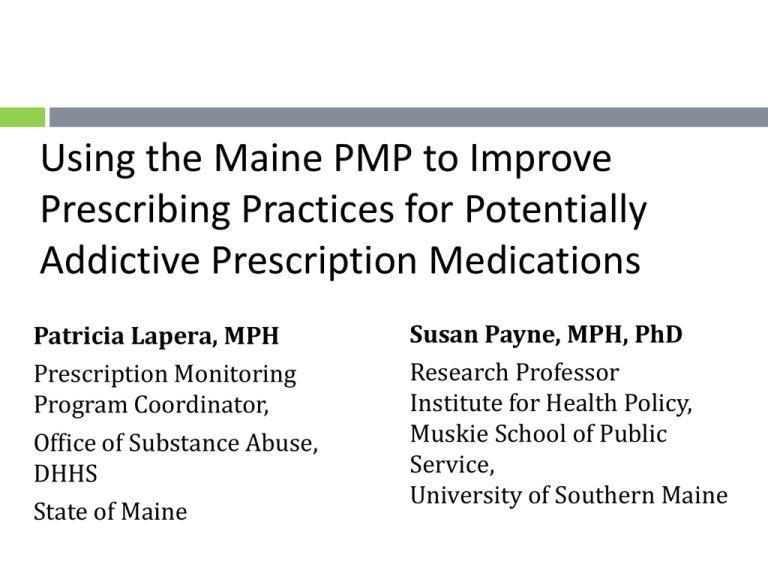


The initial reaction is the rules are more restrictive than necessary and impose concerning limitations and burdens on clinicians and the patients they treat.īuprenorphine. Unquestionably, the DEA’s proposal is not what most industry stakeholders were anticipating. Moreover, if the patient requires a Schedule II medication or a Schedule III-V narcotic medication (with the sole exception of buprenorphine for opioid use disorder (OUD) treatment), an initial in-person exam is required before any prescription can be issued. The DEA’s proposal will discontinue the ability for telemedicine prescribing of controlled substances where the patient never has any in-person exam (with the exception of an initial prescription period of no more than 30 days’ supply). The options both complex and more restrictive than what has been allowed for the past three years under the PHE waivers. In so doing, DEA proposed creating two new limited options for telemedicine prescribing of controlled substances without a prior in-person exam. The proposed rules are intended to bridge between the DEA’s current PHE waivers and a post-PHE environment.

The proposed rules are open for public comment for only thirty days, after which DEA will issue final regulations. On February 24, 2023, the Drug Enforcement Agency announced proposed rules for prescribing controlled substances via telemedicine after the COVID-19 Public Health Emergency expires. An abbreviated version of this article is available on Law360 (subscription required).


 0 kommentar(er)
0 kommentar(er)
